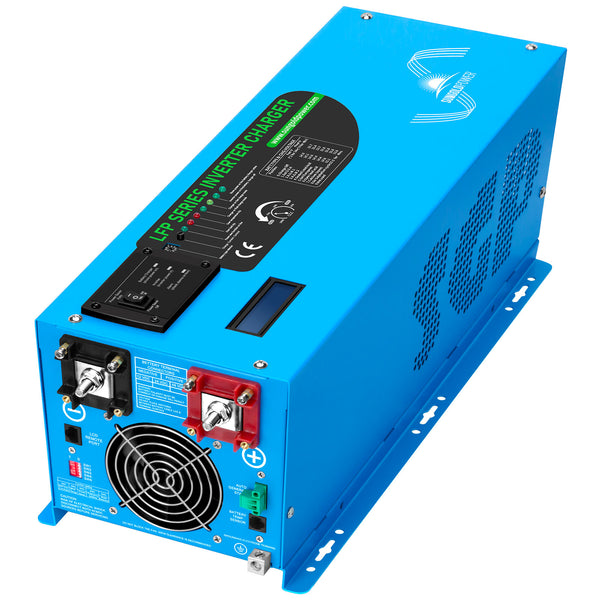For the Canadians out there, I was looking for an alternative to the Renogy 3000W Inverter/Charger and came across this:

 www.westrock.ca
www.westrock.ca
It seems pretty impressive for the price. No remote monitoring though from what I can see.
Thoughts?

CanLiFe Easy Power Pro 12 Volt 3000 Watt Pure Sinewave Inverter/Charger - In Stock
CanLiFe Easy Power Pro Pure Sinewave 12 Volt 1000 Watt Power Inverter With Transfer Switch And 50 Amp Battery Charger
It seems pretty impressive for the price. No remote monitoring though from what I can see.
Thoughts?



